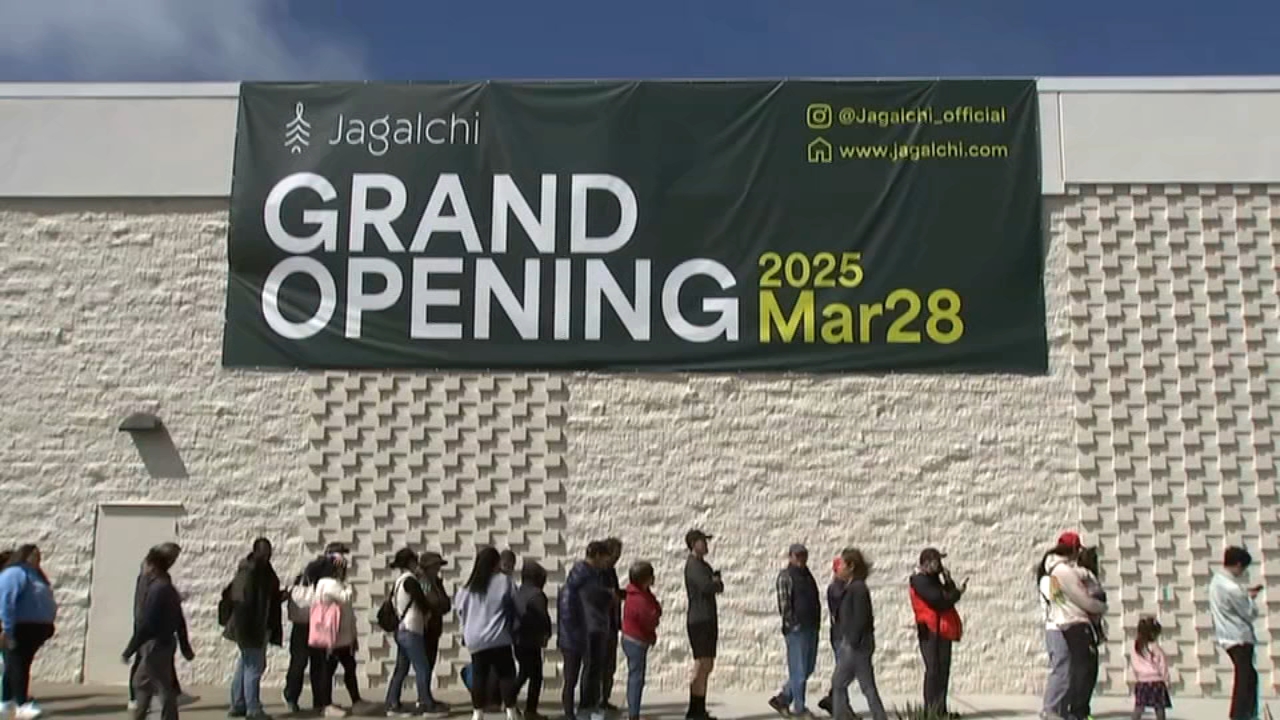CA bill would require early dyslexia screening for K-2nd grade students

SAN FRANCISCO (KGO) -- One in five children in the U.S. is diagnosed with dyslexia, and while 40 states already have early screening at schools, California does not. One state senator has introduced a bill that would make it mandatory.
Ami Molinelli and Lorca Hart saw early on that their son was struggling in school.
"Reading and really struggling to read and write," explained Hart.
Having their son screened in second grade for dyslexia was a game changer because they were now able to get him extra support.
MORE: Some Bay Area community colleges see 20% enrollment drop, data shows
"The anxiety dissipated, the self-esteem started to come back and we started to see him flourish," said Molinelli.
State Senator Anthony Portantino found out he was dyslexic late, in the eighth grade. He has introduced a bill requiring California schools to have a 30-minute screening test in grades kindergarten through second.
"What we're getting from that 30-minute assessment is who's on a path to a reading challenge so we can intervene to help them," said Portantino.
The kind of tool to assess California children has yet to be determined.
MORE: Bay Area education nonprofit wants every student to have a Black male teacher
That tool could very well come from UCSF's newly-developed screening test, which can detect literacy weakness, an early sign of dyslexia.
But the California Teachers Association has concerns that a mandate would take time away from the classroom since teachers would do the screenings.
The United Educators of San Francisco is in favor of screening children but only if the resources are behind it.
"What we need though is the funding and support from a state and federal level in order to do it well. We're short on special education teachers across the nation. This is not a new occurrence. This job is very, very difficult," expressed Cassondra Curiel, president of the United Educators of San Francisco.
EXCLUSIVE: CA Superintendent Tony Thurmond addresses declining student test scores
Governor Gavin Newsom has been very outspoken about his dyslexia. Money has been set aside in his budget for research and implementation of this type of screening.
There is also concern that the screening could harm English learners and place them by mistake in special education classes.
"That's the right question to ask. The answer is simple. The bill specifies that we'll have linguistically sensitive screeners and it will be done in a way that doesn't not disproportionately affect that group," added Portantino.
Numerous studies have shown a correlation between dyslexia and incarceration. A 2000 Texas study found that half of their inmates had dyslexia.
For Molinelli and Hart, it's a matter of social equality.
"For families who do not have advocacy resources or financial resources, their students are not going to obtain their full potential, and this is what this bill could really provide," said Molinelli.
If you're on the ABC7 News app, click here to watch live








